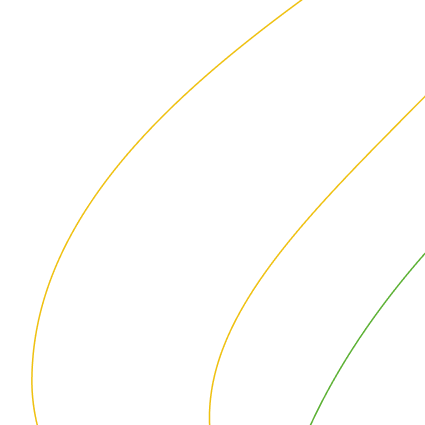Tell us about yourself.
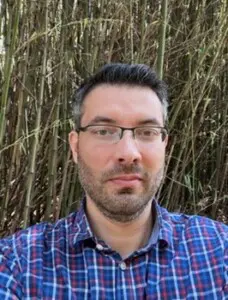
My broader area of research is in Environmental Soil Science and Ecohydrology. I finished Agroecology with a major in Soil Science and a PhD in Environmental Soil Physics and Ecohydrology from the University of Zagreb, Croatia. During my postdoctoral specialisation at INRAE (France), I continued to work on the quantification of transport processes in soil using numerical modelling. I was involved in various national and international projects focusing on agricultural and environmental issues in the soil-plant-atmosphere continuum. During my career, I worked as a visiting scholar within various institutes including CSIRO (Australia), SLU (Sweden), University of California, University of Florida, Penn State University (USA), BOKU (Austria), CEH (UK), ZALF (Germany), CZU (Czech Republic) and ILVO (Belgium). This had a major influence on my research direction towards understanding different ecosystems and how we can manage our environment in a sustainable way.
What inspired you to become a scientist?
The first time I became interested in science was during my undergraduate studies where I worked in the Soil Microbiology lab with one of the Professors and his research team. Their enthusiasm about the soil ecosystem, the different techniques used, and the discussion that evolved following interesting research outcomes were so fulfilling and fascinating. The more I got involved in the research, the more questions I had about the ecosystem and the soil environment. My academic career was a natural continuation, and it felt good to be able to play a small part in bringing more understanding to processes that are occurring around us.
Tell us about your current position?
I recently moved from Victoria to work at the University of Queensland as a Senior Lecturer in the School of Agriculture and Food Sustainability. I will be teaching courses related to Environmental Soil Science and focusing my research on environmental and agricultural topics. My research is connected to understanding transport processes within the soil-plant-atmosphere continuum (“critical zone”) by combining novel soil monitoring and modelling approaches and examining the possibilities of decreasing environmental pressures on soil and water resources and supporting sustainable agriculture. I undertake large field experiments, as well as lysimeter, glasshouse, and laboratory-scale research, with expertise in numerical modelling.
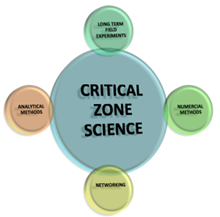
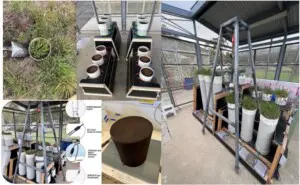
Tell us about your project and what its primary goal is?
Our study aims to investigate the possible consequences of climate change on the performance of vegetation on soil covers in a representative Latrobe Valley mine rehabilitation environment, and the impact it may have on long-term landform stability of soil covers. The controlled condition experiment was designed to have two different soil cover depths and two different types of vegetation. This is currently performed in the glasshouse under a drought scenario, monitoring the hydrological conditions and fluxes exchange using sensor technology. The data is used to calibrate and validate numerical models of various complexity. The project will generate new information about drought impact on cover design, which should be considered during sustainable long-term mine rehabilitation.
What makes you so passionate about your project?
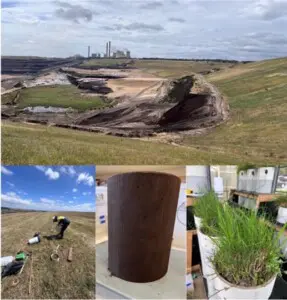
Although I have been working on hydrological studies and applying numerical modelling in a soil environment, it has been a novelty to me to try to do the same with coal. I was part of a very successful experiment whereby we measured the retention properties of coal and applied some of the more complex dual-porosity models, which were able to capture hydrological performance of a soil-coal system. Our findings are valuable in ensuring the development of sustainable long-term land formation following coal mine closure.
How does being involved with CRC TiME help support your love of science?
My involvement with CRC TiME has helped me understand the complexity of mine closure and mine rehabilitation. Through my project, I’ve been able to explore something new to me, applying my expertise but also gaining a lot of new insights and knowledge. The support I received led to the opportunity to present our study findings on several different occasions – from local events to large international conferences – and to engage in discussion with various professionals working in the mining and environmental sector.


